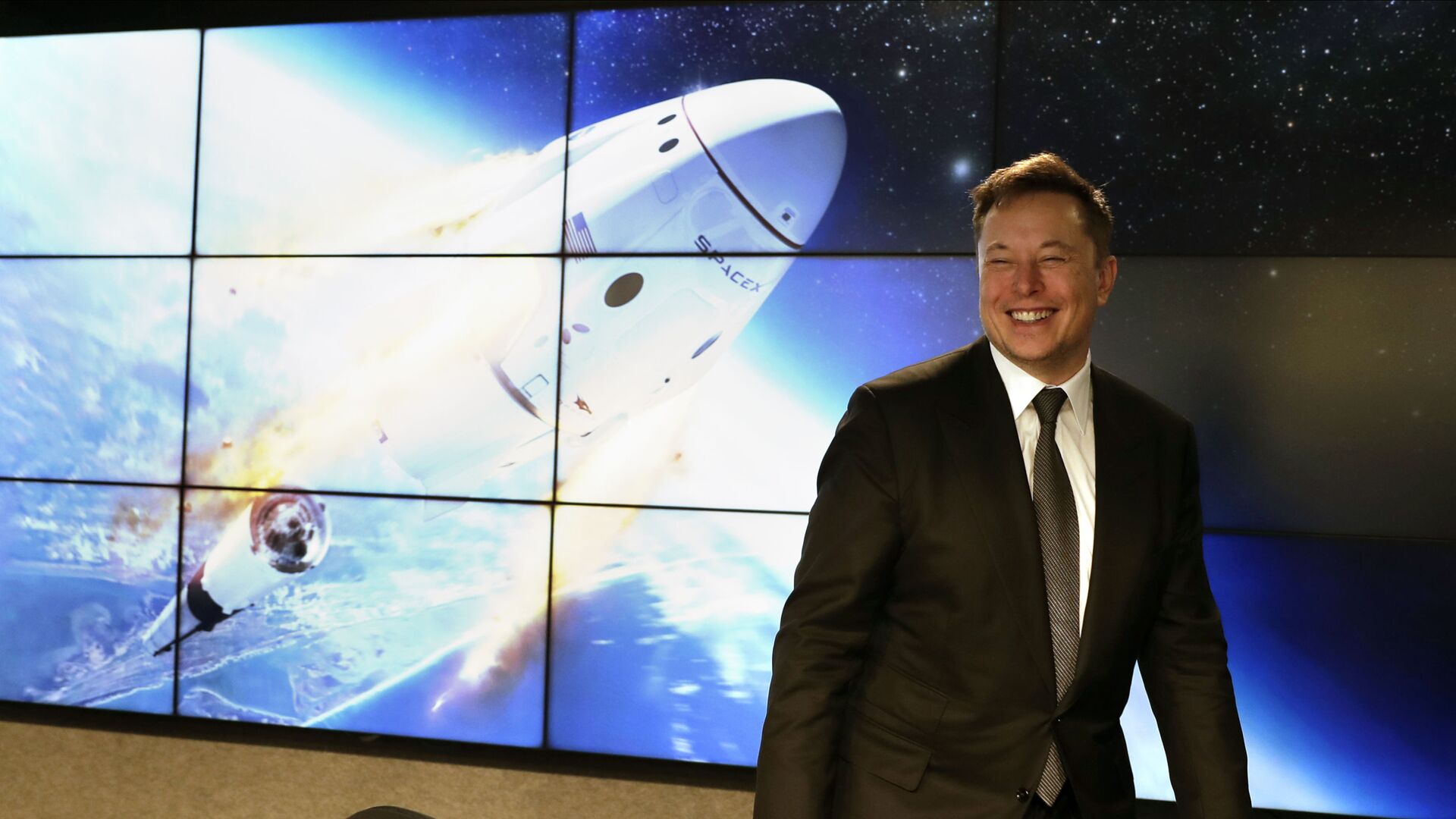Under the US' National Security Phase 2 contract, Elon Musk's Space Exploration Technologies Corp., or SpaceX, was awarded exactly $159,721,445 for two individual task orders that will "provide the basic launch services and mission integration for USSF-36 and NROL-69."
It was announced back in August 2020 that SpaceX and ULA had been selected to receive "competitive" contracts from the USSF's Space and Missile Systems Center (SMC) to handle three Phase 2 missions for the Space Force.
The SMC's action is being carried out in partnership with the National Reconnaissance Office, the government agency tasked with designing, building, launching and maintaining the US' intelligence satellites.
SpaceX will notably handle the single NRO launch. The Hawthorne, California-based company's contracts are slated for completion by the end of 2023.
Together, the contracts awarded earlier this week total more than $384 million.
"Today, we are making it possible for our National Security Space team to accomplish our mission of providing on-orbit space capability to the warfighter," Col. Robert Bongiovi, director of the SMC's Launch enterprise, said in a Wednesday statement on the task orders and contracts.
"The National Security Space Launch Phase 2 Launch Service Procurement contracts provide our customers affordability, flexibility, and extremely high reliability," Bongiovi added. "This is the second order of the five-year Phase 2 ordering period. We are very pleased with the flexibility offered by our Phase 2 providers to make the best launch choices and adjustments as we proceed."
This is not the first time SpaceX has received a Pentagon contract.
Back in October 2020, the Hawthorne, California, company was awarded a $149.1 million contract to build four satellites with a 'wide field of view.'
SpaceX was also tapped by US Transportation Command (TRANSCOM) to join the Exploration Architecture Corporation, or XArc, in developing a space-based cargo trasport craft to move the "equivalent of a C-17 payload anywhere on the globe in less than an hour," according to US Army General Stephen Lyons, who heads TRANSCOM.


